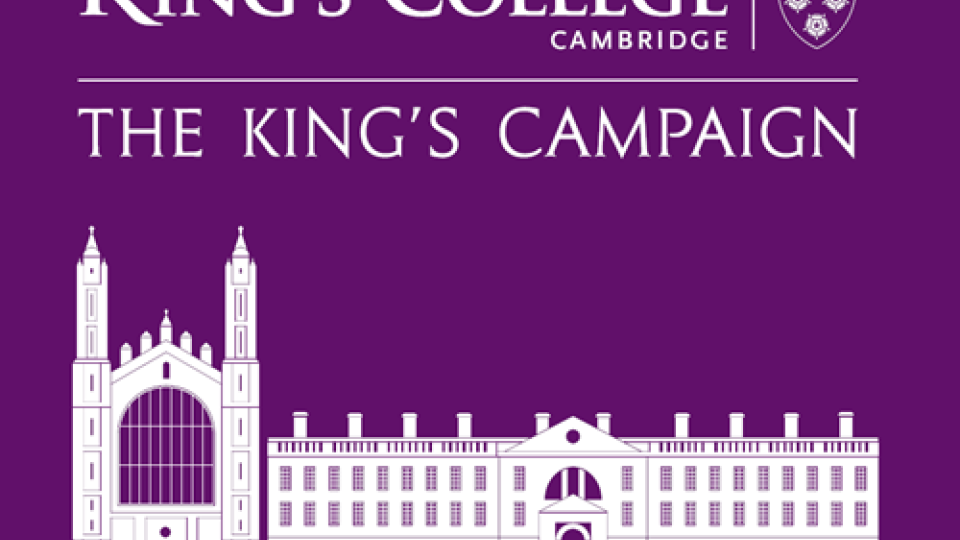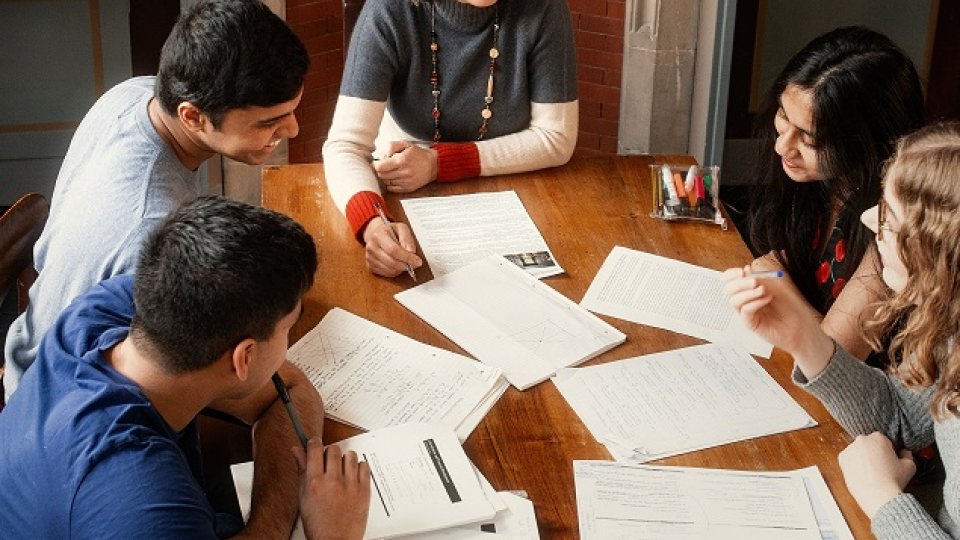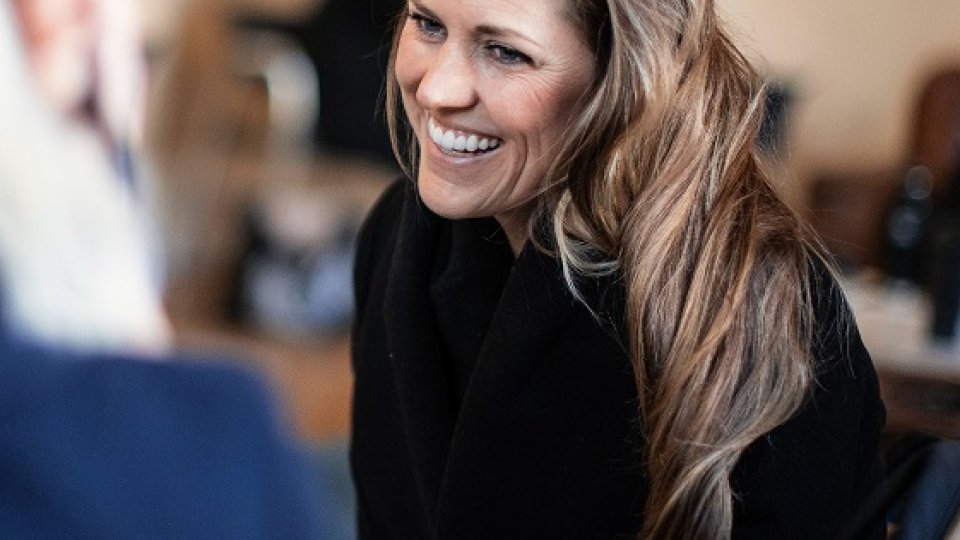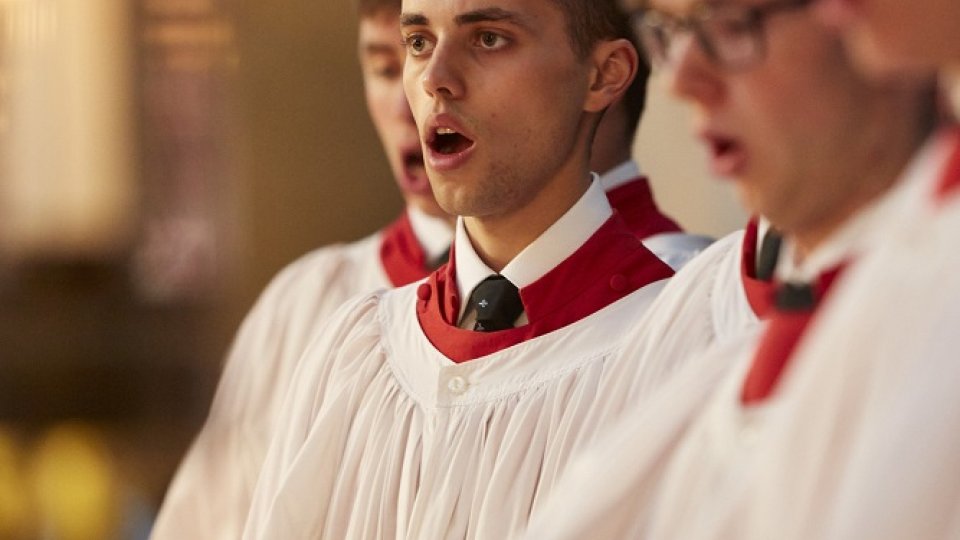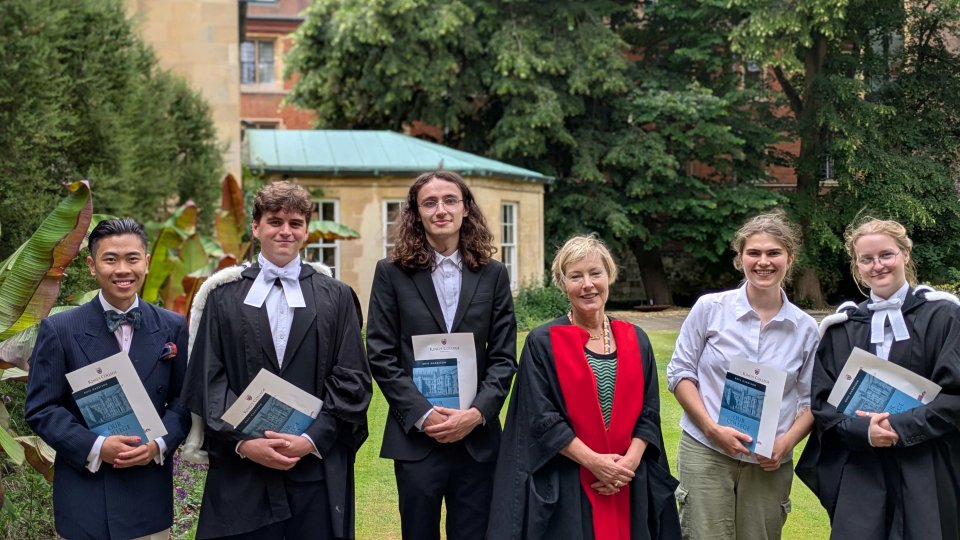The King's College Library has been in continuous existence since the foundation of the College in 1441. Alongside preserving many rare book and manuscript treasures, the Library and Archive Centre together serve the needs of undergraduates, graduates and senior members of the College as well as offering exceptional sources for researchers across a wide range of study.
Among the College’s special collections are the archives of important literary figures of the twentieth century, including the papers of T.S. Eliot, E.M. Forster, and key members of the Bloomsbury group.
With administrative records dating back to the College's foundation in 1441, and records of estates granted by King Henry VI dating back to the 11th century, there are many conservation requirements for the College Archives and the Rare Books collection held by the Library. These documents are the College's memory and its future resource, but their physical condition is far from secure. Some volumes are steadily deteriorating, and some maps cannot be produced for researchers because they are too fragile to handle.
Your gift helps support important work cleaning, repairing, re-housing, and re-binding items in the collections and ensuring their continued accessibility.
From figures such as Jane Austen, M.R. James and Alan Turing to the cats around College and its history of brewing, there is a rich and diverse array of topics which have been the subject of archival exhibitions at King's.
However, because of the lack of physical space, archival exhibitions at King's tend to be limited to the few cases in the library itself, or to temporary exhibitions on display for alumni reunions and events. Having a permanent exhibition space would be of enormous benefit in showcasing the archival treasures we have.
Conservation of the College’s cultural heritage in the right conditions is vital. New storerooms need to be equipped to best-practice modern standards as storage spaces for King’s most vulnerable and valuable holdings.
King’s Library has an internationally important collection of over 35,000 rare books ranging in date from the fifteenth century to the twentieth. Like most libraries with significant holdings of rare books, King’s is working to do retrospective online cataloguing – the decades-old card indexes and handwritten catalogues are inadequate to meet the needs of modern-day researchers.
The College has in recent years been able to employ a full-time rare book cataloguer to undertake this important and highly-skilled work. The post is now in need of permanent funding, to ensure that the rare books collection is fully catalogued and the detailed records made more widely available to researchers worldwide.
